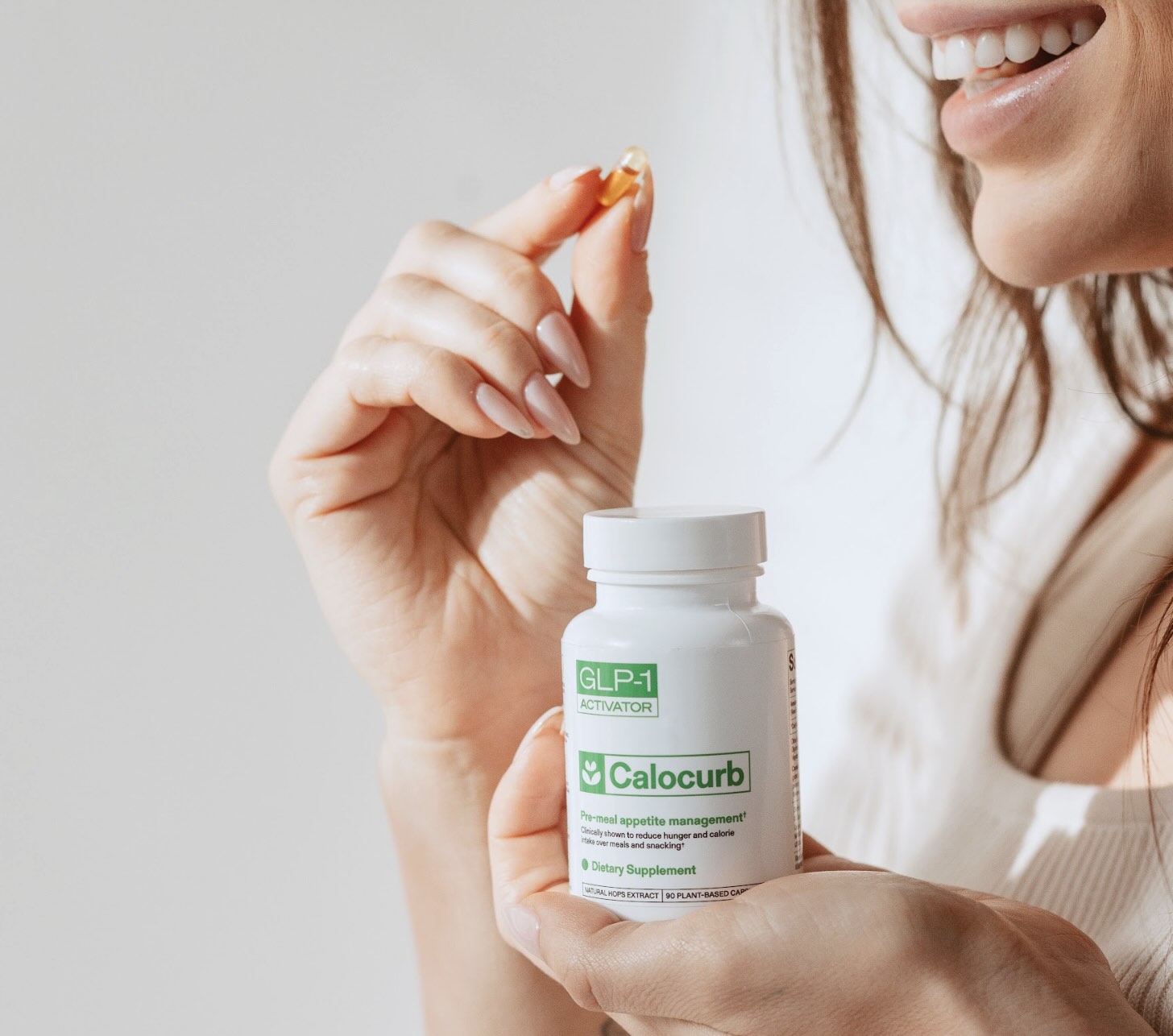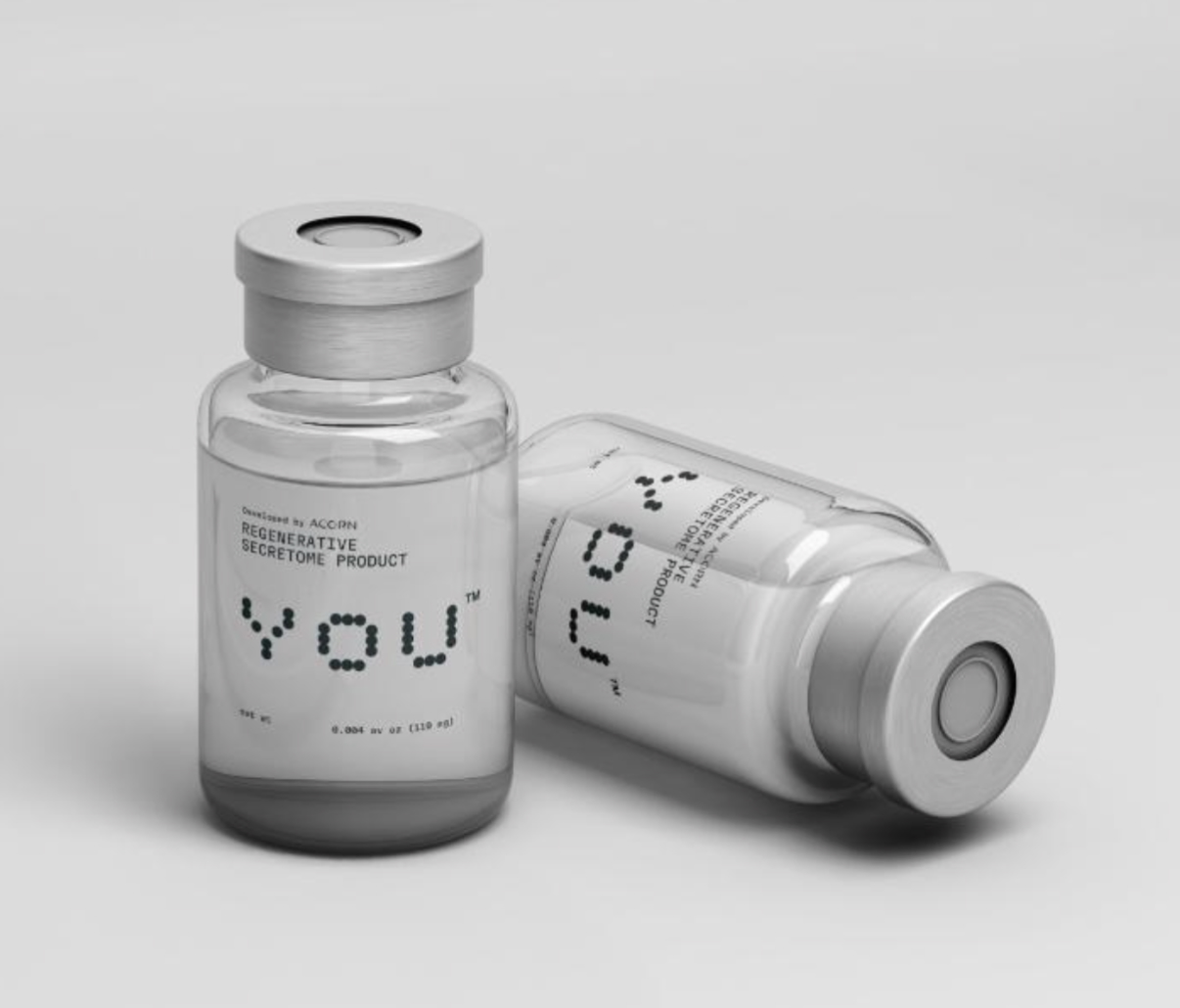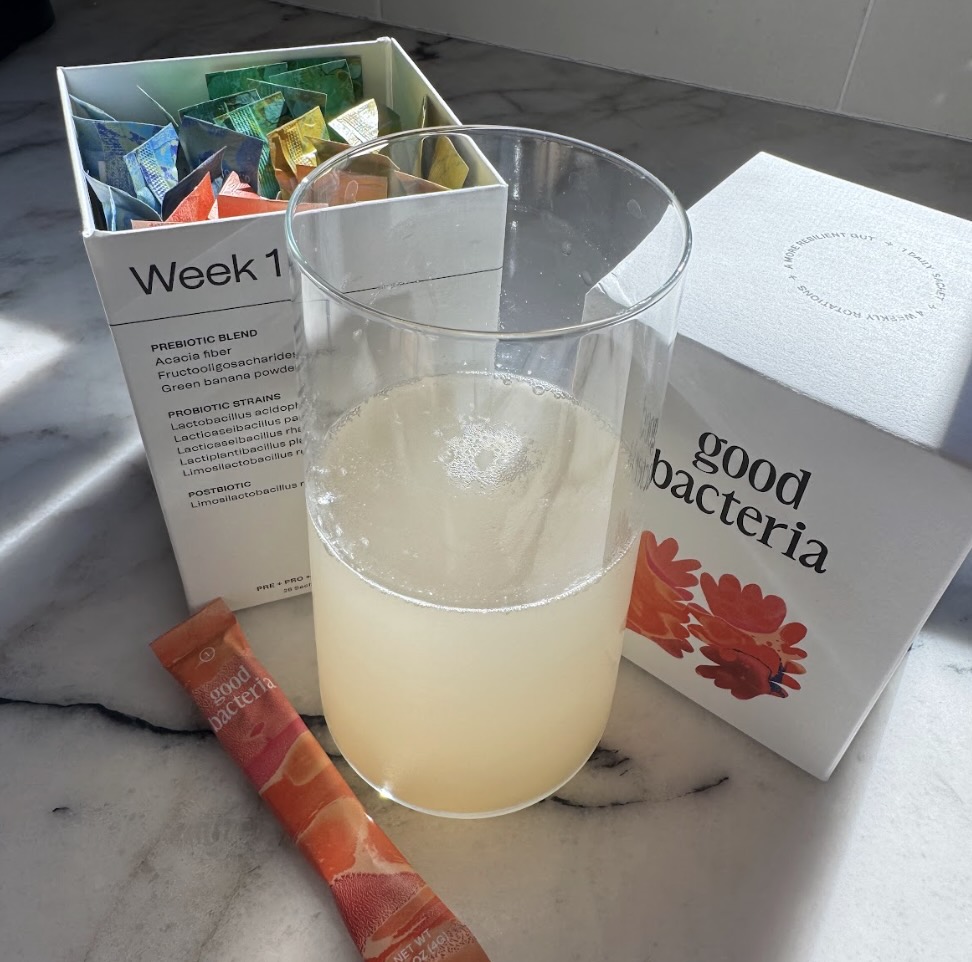In partnership with Apothékary. Editor’s Note: All opinions are our own. We only select and work with partners that meet our quality standards, so you can rest assured we only endorse products we believe in.
As a shopping editor, I'm always looking for the newest and best products to test. That includes anything that will enhance my skincare or sleep routine — if it has positive reviews and has made the rounds online, there’s a pretty good chance I’ve tried it.
As my routine goes now, I'll occasionally take melatonin at night if I'm having a hard time falling asleep. I’m not exactly loyal to any one brand because, while I’ve tried several types of gummies and capsules, I haven’t found anything I’d swear by. I’ve started to notice more and more tinctures pop up recently – and I’ve been curious to test them. Naturally, I figured I’d bring you along for the ride.
In this edition of throwdown, I'm putting tinctures to the test against gummies and capsules to see if they’re more effective than what’s on the market. Let’s get started, shall we?
We like
We don't like
The Quick and Dirty

First Thing’s First: What Are Tinctures?
For the sake of this throwdown, I’ll be comparing Apothékary’s Wine Down™ tinctures to the many capsules and gummies I’ve tried. Apothékary specializes in tinctures and dietary supplements – and has everything from products for sleep to stress, energy, metabolic support and more. It’s received rave reviews online and feels like a trustworthy entry into the tincture world.
As an FYI, tinctures are a concentrated form of herbal or animal extracts. They've existed for centuries, tracing back to the Ancient Egyptians. To create a tincture, you usually start out by soaking the primary ingredients (bark, berries, leaves, etc) in alcohol, glycerin, or vinegar (Apothékary’s tinctures are alcohol-free and glycerin-based). This process pulls out active ingredients and makes them more concentrated in liquid form.
It's important to note that tinctures aren't currently regulated by the U.S. Food & Drug Administration. If you have any health problems or concerns, you should chat with your doctor before starting any new tinctures, gummies, or capsules.

A Little Bit of Background on My Experiences
Apothékary Tinctures: I tested out one tincture, Wine Down™, that’s meant to replace your nightly glass of red wine. The product information claims that it's meant to enhance sleep and reduce stress.
For context, I don't drink, so I've never really been one to have some wine at night to relax. I am, however, a chronically stressed and anxious person, so I've experimented with CBD gummies, sleepy time tea, melatonin gummies, and just about every holistic sleep method you can think of.
When I initially tried this out, I liked the idea of turning it into some sort of ritual as opposed to just popping in a few gummies before I hit the hay.
For Wine Down™, you can either put one full dropper under the tongue, let it sit for 10 seconds, and then swallow, or mix it in with sparkling water or juice for a red-wine-inspired drink. I opted for sparkling water to mimic a mocktail.
Gummies and Capsules: If I'm taking a melatonin gummy or capsule, I'll typically consume those an hour or so before going to bed, when I'm already winding down. It isn't as much of an experience and, to be honest, I'm usually falling asleep in the dark while I scroll on my phone, Sarah Paulson in American Horror Story-style.
Also worth noting? Melatonin gummies can also boast some odd side effects — some people still feel groggy when they wake up the next morning. I've experienced super weird dreams throughout the night that definitely don't improve the quality of my sleep.
Ingredients and Formulation:
Apothékary tinctures: All of Apothékary's products are made with plant-based ingredients. Wine Down™ includes tart cherry, which has been found to help with sleep and melatonin production, bilberry, elderberry, and hawthorn berry. Other ingredients include:
- Blue vervain, a plant that may help calm body tension and support sleep
- Ceylon cinnamon
- Black pepper
- Beetroot
- California poppy, which has been used for pain, sleep, and stress support (cue Dorothy in The Wizard of Oz)
- L-Theanine, an amino acid found in tea leaves that's known for its calming effects on the mind and body
Because you can control how much you receive with the dropper, dosing is a bit more precise. Plus, it's readily bioavailable, which means it immediately enters your bloodstream and starts doing the work.

Gummies and Capsules: Capsules will usually only have the necessary ingredients, but can be more difficult to swallow and aren’t bioavailable the way tinctures are (that means the body doesn’t absorb the nutrients in the capsules as readily as it does with a tincture). That’s partly because to digest the herbs inside, the body has to first break down the outer casting of a capsule. Some of the potency is lost in this process.
Meanwhile, gummies may taste better, but can have a longer ingredient list with added sugars – and again, they’re less bioavailable. It ultimately depends on what specific product you opt for, though capsules, like tinctures, will have more precise dosing options versus gummies.
Winner: Tinctures
By no means am I an expert on supplements and plant medicine, but I know my fair share about health and wellness. What I like about the ingredient list is that everything is added in intentionally — even if it's not something that directly helps with stress-relief and sleep support (like beetroot or black pepper), it's antioxidant-rich and good for something else. This is unlike what I've found in CBD and melatonin gummies, when random flavorings or additives are thrown in to make it taste better.
Effectiveness
Apothékary tinctures: Long story short: Wine Down™ works. I'm the type of person who’s perpetually stressed and anxious about something, and it's really difficult to quiet my brain down. I usually head to bed around 11 p.m., so I started drinking this at 7:30 and within an hour, I definitely felt a bit more tired and physically relaxed. It was a super fast-acting formulation that felt more concentrated than a gummy or capsule. I would compare it best to the effect of CBD — you don't feel high whatsoever, but things are just a little softer. I wasn't as worried about tomorrow's to-do list or making the most of my evening.
I didn't do much once the effects hit, but you could absolutely continue on with other relaxing activities, like taking a shower or reading a book. I wouldn't recommend taking your dog for a long walk or catching up on work; instead, truly treating it as if it's a glass of wine.
That night, I was in bed and ready for sleep before 10:30 p.m. This is pretty rare for me, but I was very content with it. In terms of my quality of sleep, I didn't feel that it had too much of an impact, but I also think it depends on each person. I'm a light sleeper and (who could predict this one?) often wake up with a random worry. I slept well, and noticed that I woke up less throughout the night.
Gummies and Capsules: Gummies and capsules work well, too, but may affect people differently. There's less of a ritual associated with the latter, but supplements in the form of gummies or capsules can still promote sleep. That being said, unless you take a supplement that's specific to sleep and stress relief, you probably won't get all of the benefits offered in a tincture.
Winner: Tinctures
I liked using a tincture more than any other sleep aid I've tried because it felt more intentional. There aren't any guidelines on when you should drink it (for instance, you might take melatonin gummies an hour before going to bed), but I just treated it like a glass of wine. I sat back on my couch, threw on some New Girl, and hung out with my dog as I waited for some much-needed calm to hit me.
Cost and Accessibility
Apothékary Tinctures: Across the board, Apothékary's tinctures and signature blends retail for $39 on their site. You can also shop for them at other retailers like Ulta and Amazon, or use the store locator to find where you can purchase them in person (like at Sprouts!).
Supplements can be pretty pricey in general, but I would place Apothékary's products at the higher end of the cost spectrum. However, Apothékary is also charging you for plant-based ingredients and herbalist-formulated, vegan, non-GMO products, which you won't always find in other sleeping aids.
Each tincture boasts 30 servings, which means each dose comes out to $1.30. You can also sign up for monthly deliveries for $33.15, coming out to $1.10 per dose.
Gummies and Capsules: In the past, I've paid up to $20 for CBD or melatonin. This is still a bit expensive, but not as pricey as Apothékary's tinctures. Some capsules or gummies may have you take two or three per serving, though, which can make the bottle go faster than tinctures.
Winner: It's a Tie
Ultimately, I think this depends more on your budget and what you're willing to pay for supplements. If you like the idea of having an evening ritual to replace a nightly glass of wine, Wine Down™ may be worth the price tag. However, if you're looking for a quick fix and want to save a bit of cash, gummies or capsules can be a good option.

TL;DR: I’m Convinced – Tinctures Are the Way to Go
Overall, I really enjoyed Wine Down™, and I can definitely see myself using it moving forward. I love knowing that they’re made with intention (and high quality ingredients), are more concentrated, offer precise dosing, and are faster-acting thanks to their form factor. There’s a lot of upside here – and it doesn’t involve over-processing or sugar.
I don't think I would use it every night, especially because of the price, but on days when I'm particularly stressed and need some help calming down, I'll be reaching for this.
Since there are a number of other Apothékary tinctures to try out, I have my eye on Take the Edge Off and Rosé-Tinted Glasses next.



















